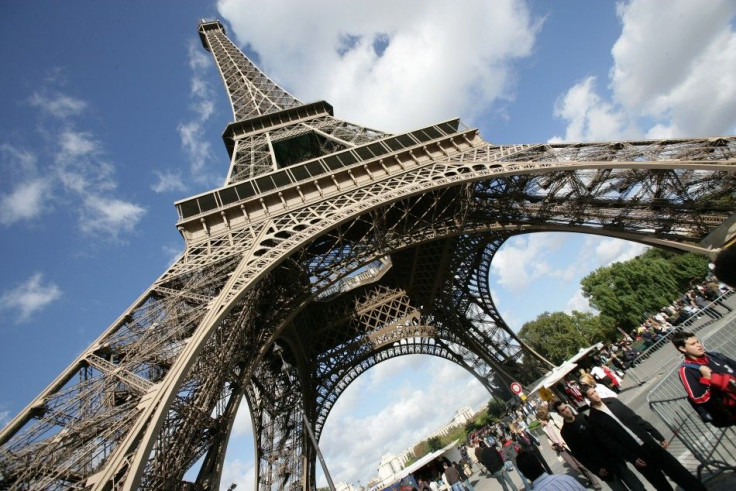Is Europe Cheaper For Americans Amid The Debt Crisis?

A survey out Thursday from Travel Leaders Group suggests that American tourists will flock to Europe next year, but will they find the debt-burdened euro zone any cheaper than before?
More than 92 percent of the group’s agents in the United States said their clients would spend the same or more on travel in 2013 than they did in 2012, with Europe driving the demand.
Three of the top five international destinations and half of the top 10 international destinations on the group’s Travel Trends Survey are European. Unlike other surveys, the results come from actual booking data seen between Nov. 19 and Dec. 16, and include responses from nearly 1,050 U.S. travel agency owners, managers and travel agents.
"Already, 2013 is shaping up to be a banner year for European travel,” stated Travel Leaders Group CEO Barry Liben. “While Caribbean cruises are still the number one international 'destination' for our travelers, our booking data shows a marked increase in American travelers headed across the Atlantic in the coming year."
Liben believes the biggest surprise for some may be “the spectacular rebound for European cruises.”
River cruises, for instance, jumped 13 spots in the last two years to become what Travel Leaders Group calls “the ultimate hot ticket.”
Beyond the traditional European favorites of France, Italy, Spain and Britain, agents reported a spike in travelers headed to newer destinations like Croatia, up 35 percent over 2012. Turkey (12.9 percent), the Czech Republic (12.2 percent), Portugal (10.9 percent) and Iceland (9.8 percent) also saw marked increases.
Liben said more than 82 percent of travel agents reported the number of bookings as being the same or higher than last year at this time, despite the looming “fiscal cliff.”
"The continued uptick in travel spending year-over-year … may indicate that Americans are fairly confident we won't go over the fiscal cliff, and it goes hand-in-hand with travelers heading to more distant and unique destinations.”
So is Europe any cheaper amid the euro debt crisis? One who thinks so is Carroll Rheem, senior director of research at global travel market research firm PhoCusWright.
Though trans-Atlantic airfares remain high due to consolidation among carriers, Rheem said there could be some great deals in Europe that will inspire Americans.
“I think if you look at European markets like Spain or Italy, their economies have been suffering, so domestic demand is quite low,” she said, reiterating, “there will definitely be deals to be found.”
Rheem believes the traditional leisure travel destinations of Western Europe will remain popular as well.
The euro, however, has strengthened over the last few weeks against the dollar, meaning U.S. tourists leaving for Europe this week won’t have as much to spend as they would have if they went in mid-November, when the euro went for $1.27. It’s now worth $1.32 and climbing.
© Copyright IBTimes 2025. All rights reserved.






















